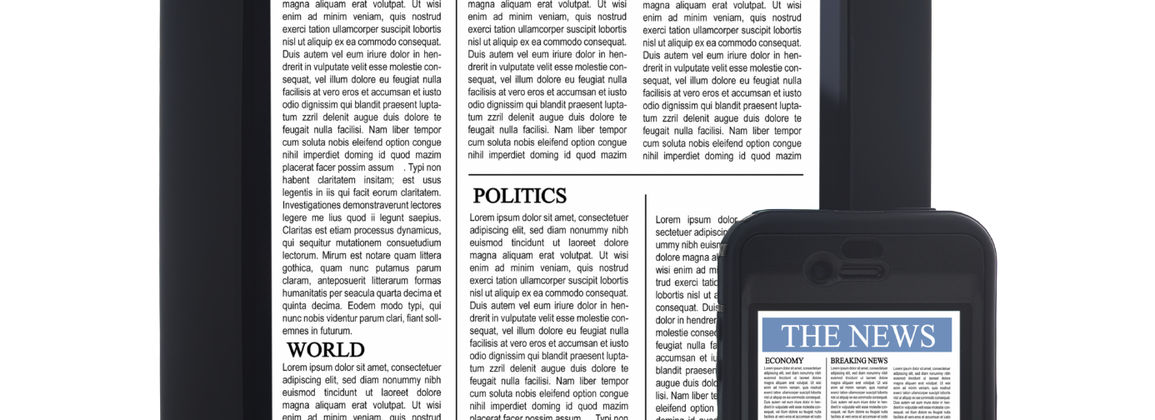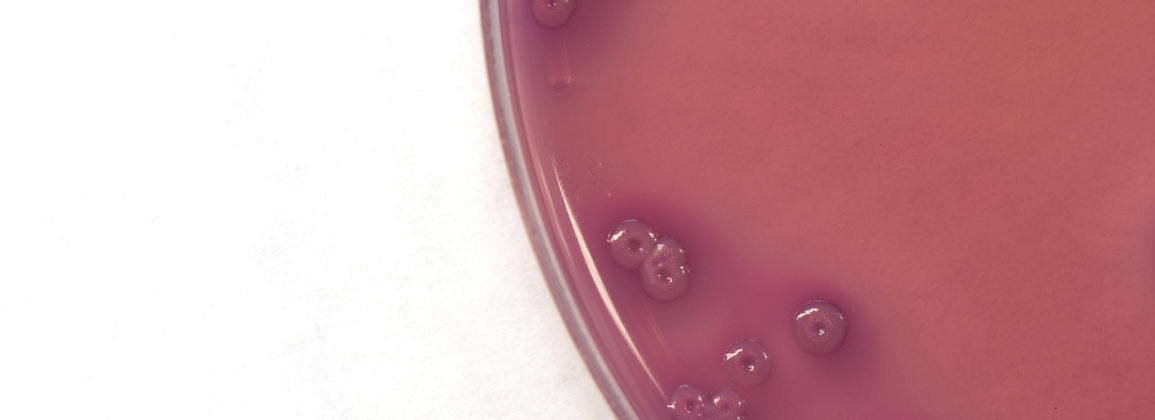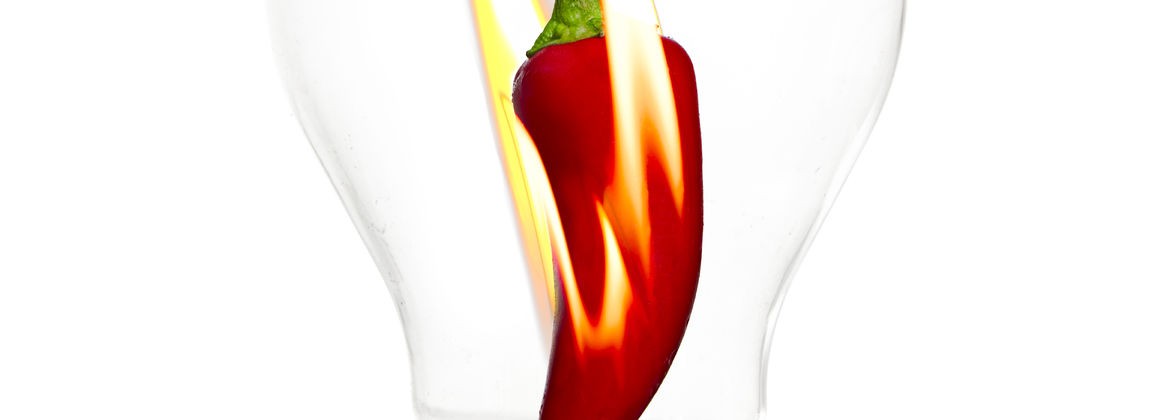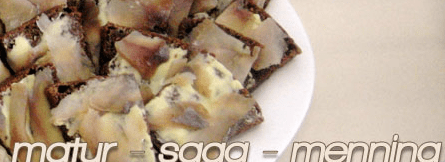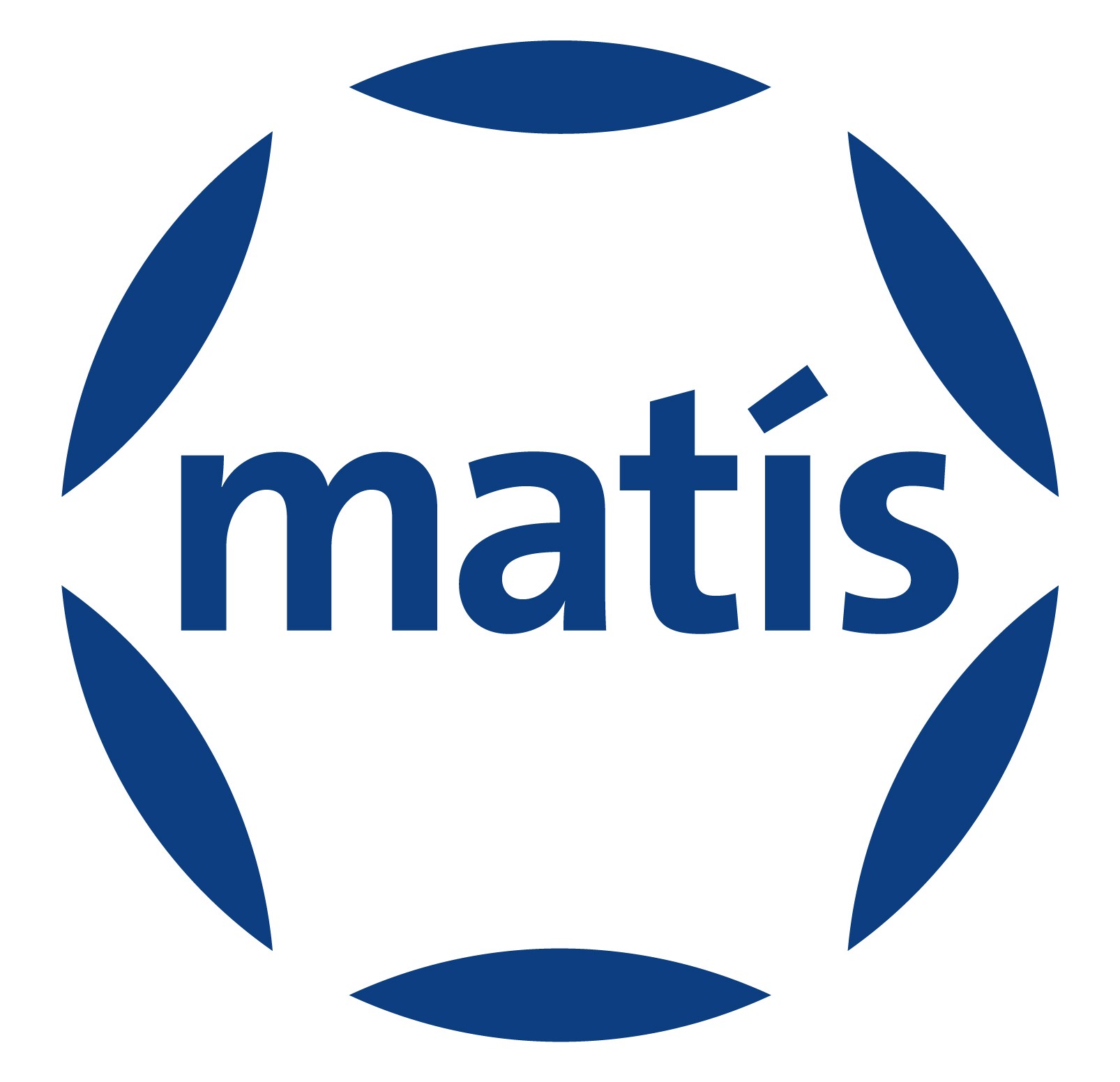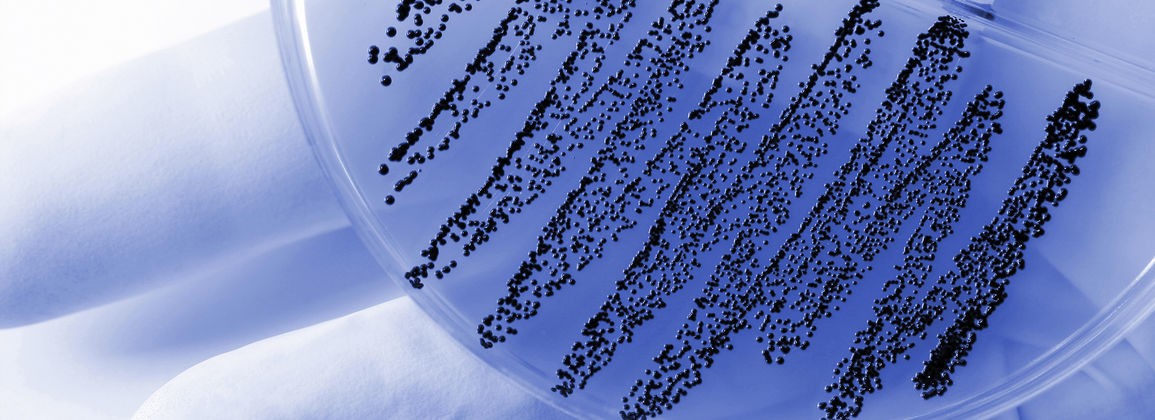Can I offer you rhubarb caramel, butcher's pie, rye bread roll cake or skyr confectionery?
Samstarf Matís og Listaháskóla Íslands, Stefnumót hönnuða og bænda, einn af 8 bestu molunum á HönnunarMars 2012. Lilja Gunnarsdóttir, ritstjóri […]
Can I offer you rhubarb caramel, butcher's pie, rye bread roll cake or skyr confectionery? Nánar »

